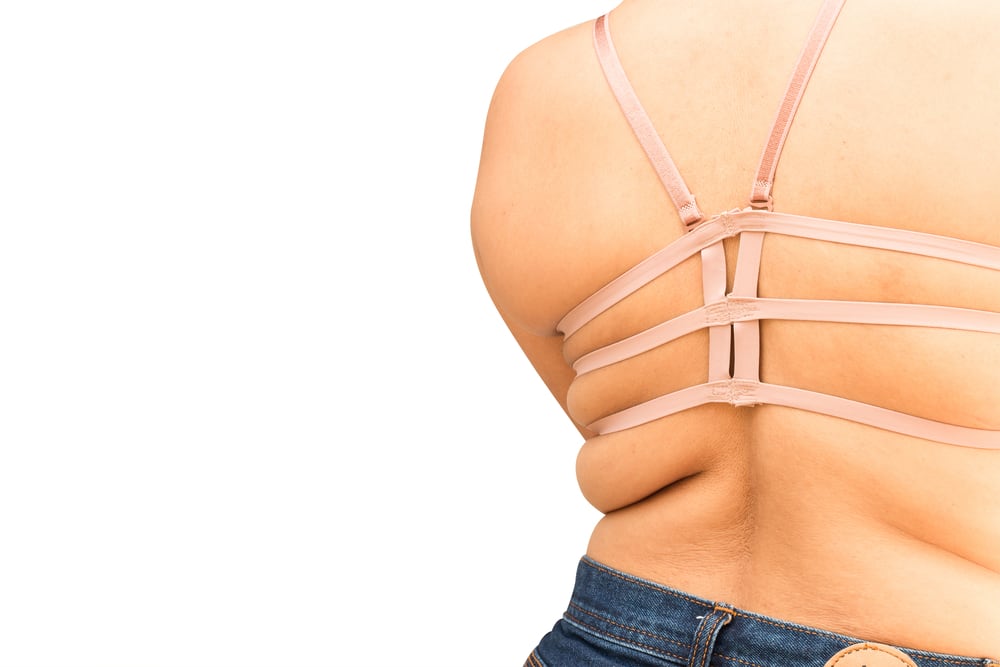Contents:
- Medical Video: How do female astronauts deal with periods in space?
- Myths surrounding menstruation in space
- Menstruation in space does not flow upward
- Delay menstruation in space
- What are the effects of delaying menstruation?
Medical Video: How do female astronauts deal with periods in space?
Life or circumstances in space is one of the greatest mysteries of mankind. However, since humans managed to fly and explore space, humans slowly began to understand many things about space. One of the things that is still a question for many people is what if a woman gets her period while in space? In fact, there are still many who question whether women will experience menstruation after leaving Earth. In fact, women can still menstruate in space. So, the question that remains is what happens when a female astronaut gets menstruation in space. To find out the answer, read on the following explanation.
Myths surrounding menstruation in space
Before women start being sent into space, no research can prove whether menstruation in space will be different from menstruation on earth. Various speculations about menstruation that many people believe at that time is menstrual blood will actually rise to the top, towards the abdominal cavity. This is believed to occur because low gravity will cause blood to flow up into the fallopian tubes. If this happens, female spacecraft are at risk of experiencing various diseases such as peritonitis.
Until the first female astronaut from Russia, Valentina Tereshkova, was sent to undergo a mission in space in 1963, no studies have succeeded in proving or breaking the notion of menstruation in women in space. After that, several other female astronauts from the United States followed their tracks in space. The first woman to experience menstruation in space is Margaret Rhea Seddon.
Menstruation in space does not flow upward
Margaret Rhea Seddon became the first human to get menstruation while in space. This proves that the female menstrual cycle will continue to run as usual, even though she is in space. Then, what happened to the woman's menstrual menstrual blood? As it turned out, the initial suspicion that blood would flow up was just a myth. Margaret proved herself that menstruation that occurs in outer space is no different from menstruation on earth. Unlike many people believe, blood will not flow up into the stomach. Your body knows that blood must indeed be removed.
Space agencies around the world such as NASA, Roscosmos, ISRO, and ESA did not create special sanitary napkins or tampons for use by female spacemen. In fact, you can use sanitary napkins and tampons that you use on earth when you get your period in space.
Delay menstruation in space
Although menstruation in outer space is the same as on earth, this is certainly a challenge for female spacecraft. Because the water supply to clean yourself in a spacecraft is not as much as in your own home. In addition, replacing many female products with very low gravity is not an easy thing. The problem with menstruation in outer space does not stop there. There is still one more challenge for female astronauts who get menstruation in space, namely drinking water produced from recycling urine. The currently available system has not been able to process human blood which is mixed in urine so that it can be recycled into safe drinking water.
Therefore, some female spacecraft chose to delay their menstruation during their mission in space. At present space agencies around the world offer menstrual delay programs. If the mission lasts for only a few days, you can take contraceptive pills to delay your period while in space.
However, if you are assigned to work on the space station for several weeks or months, the choice is intentional amenorrhea for health reasons. Amenorrhea itself is a menstrual disorder in which a woman stops experiencing menstrual bleeding for several months. In the female astronaut who will be on duty, this situation is intentionally triggered with the help of a spiral KB and implant KB. After completing duty and returning to earth, the contraceptive will be stopped and the menstrual cycle will continue as before.
What are the effects of delaying menstruation?
Research carried out so far proves that the use of spiral KB and implants of KB is safe in space. In some cases, women who delay menstruation with contraceptives are at risk of experiencing blood clots faster. However, as long as astronauts in space meet their daily nutritional needs, this blood clot is not harmful. Other risks are reduced bone density due to the use of certain contraceptives such as synthetic progestogens. However, to date deeper research is still needed to ensure these side effects.
READ ALSO:
- 6 Things That Happen to the Human Body in Space
- 12 Facts About Menstruation You Might Not Know
- Beware, 3 Contraception Methods Are Not Effective To Prevent Pregnancy












